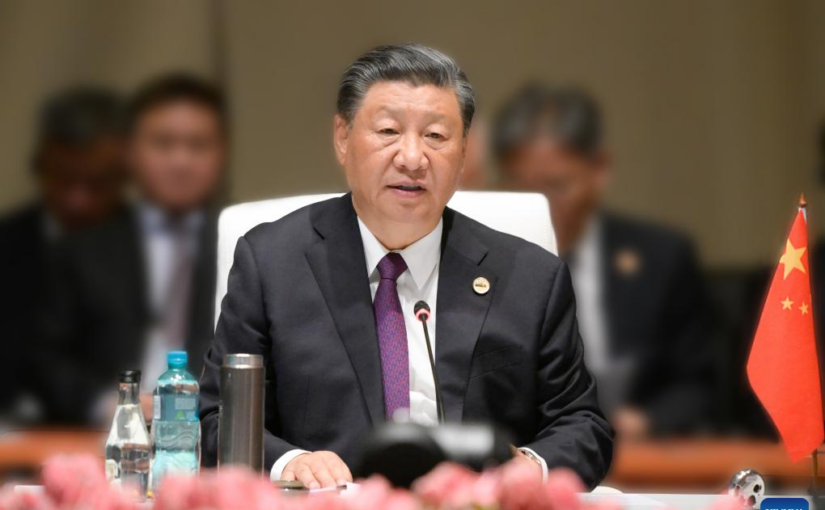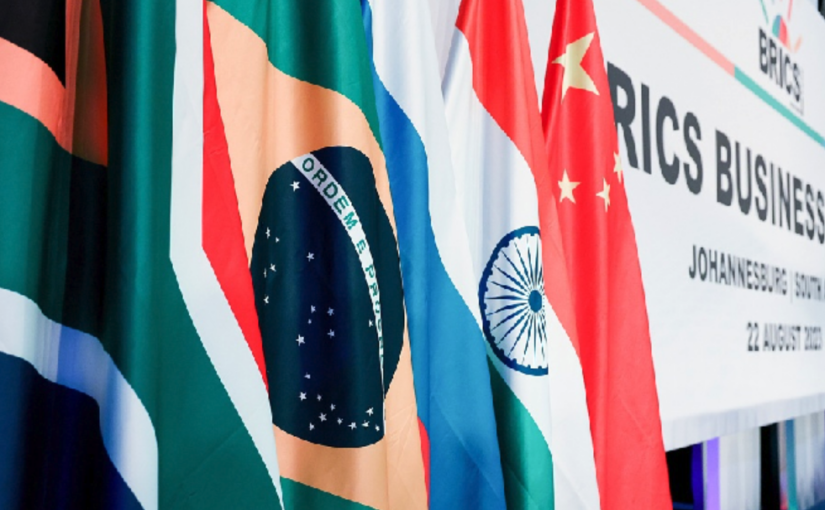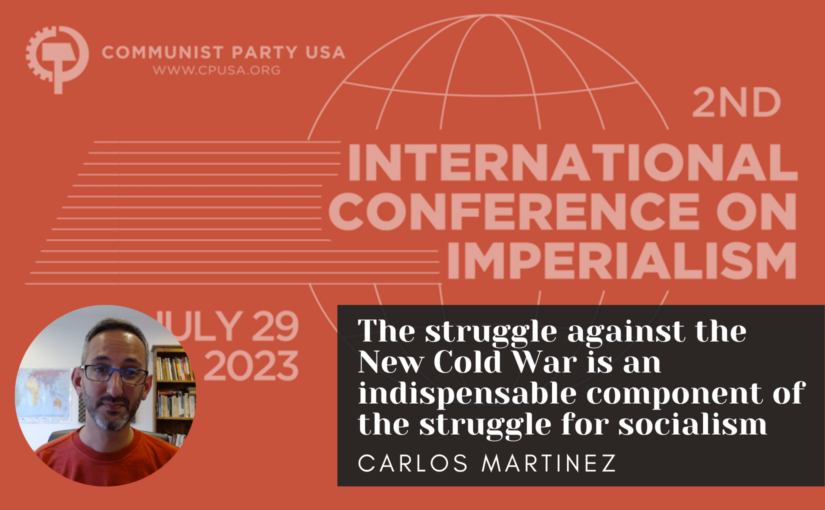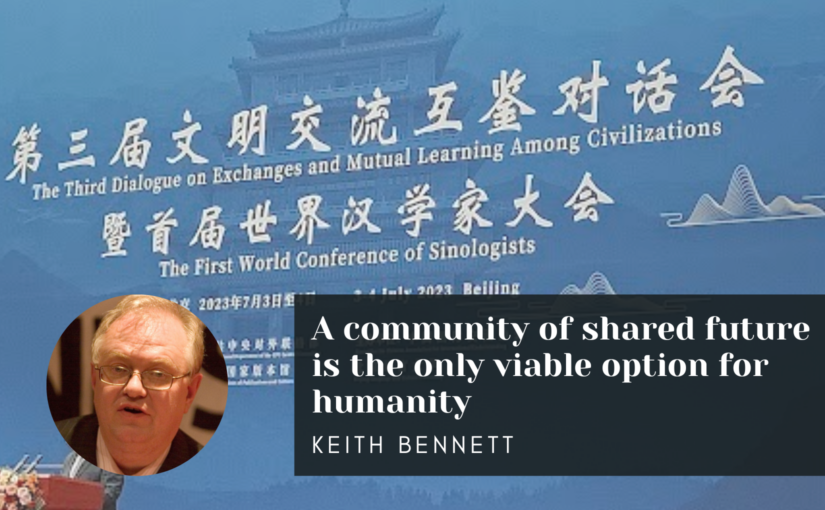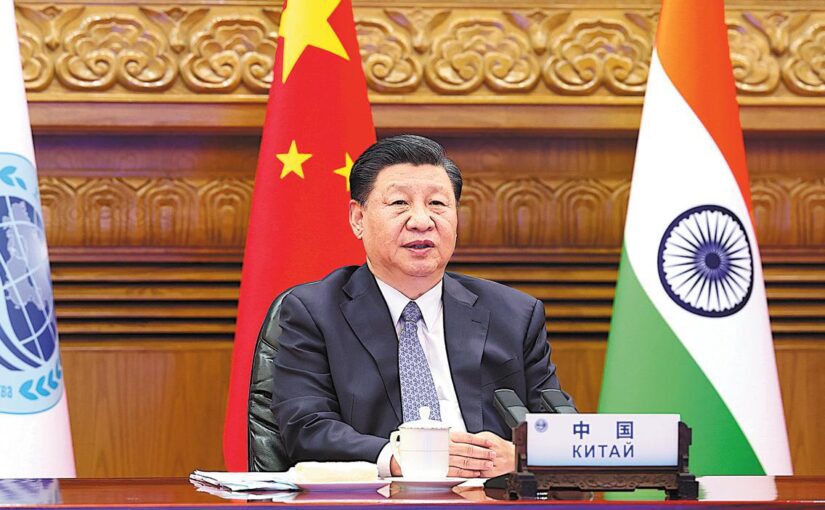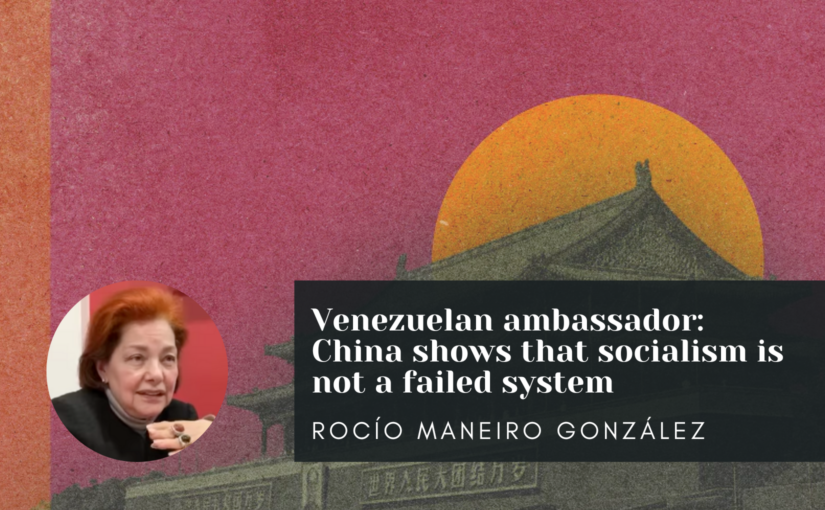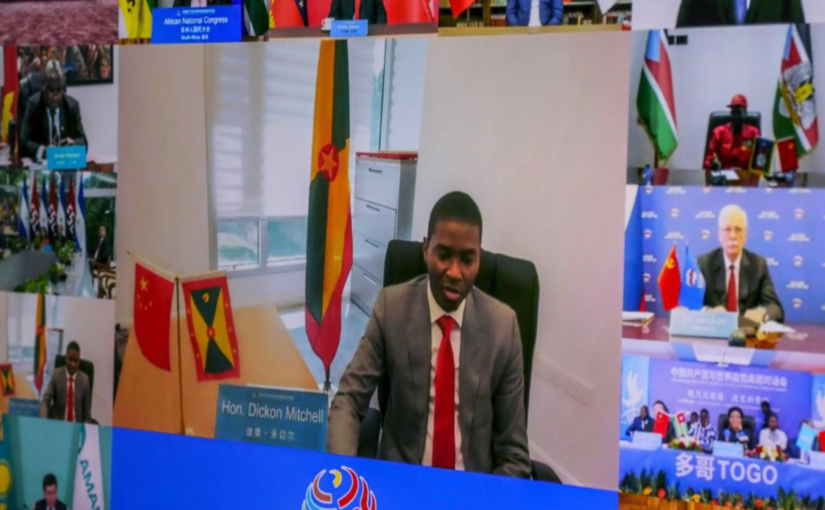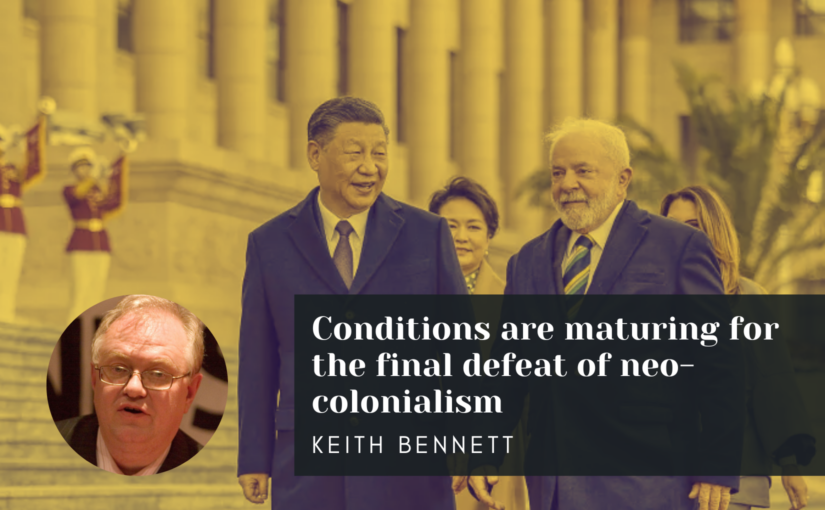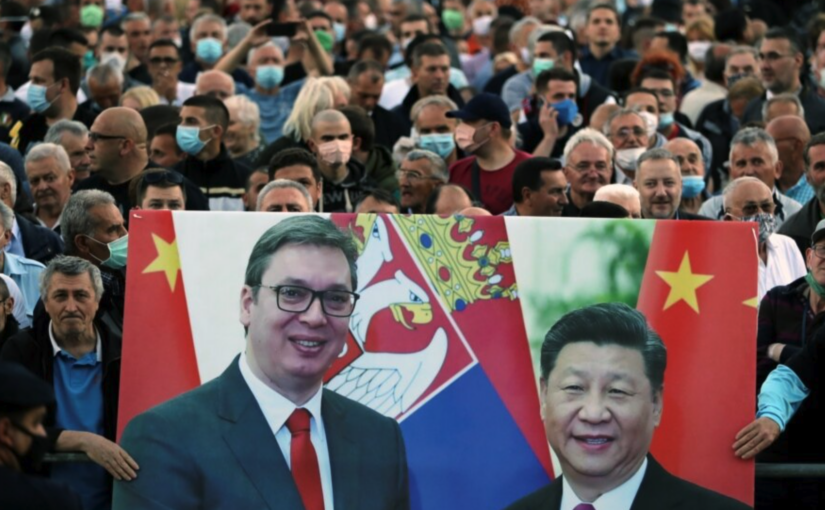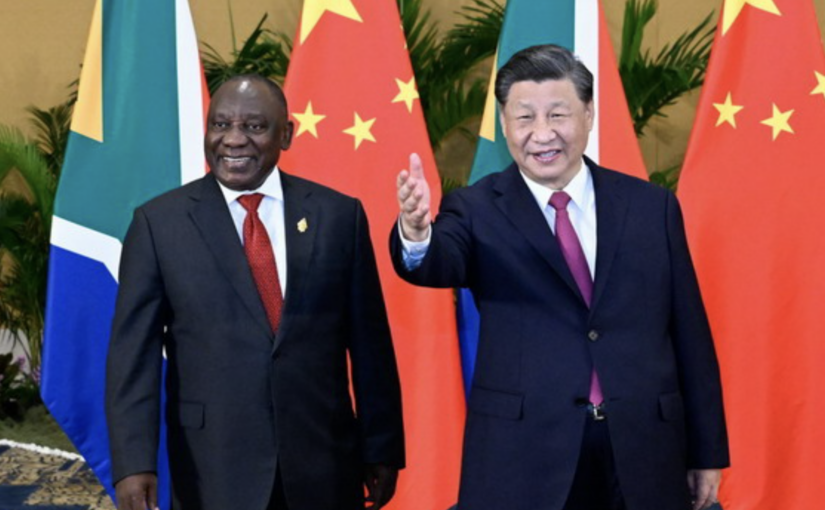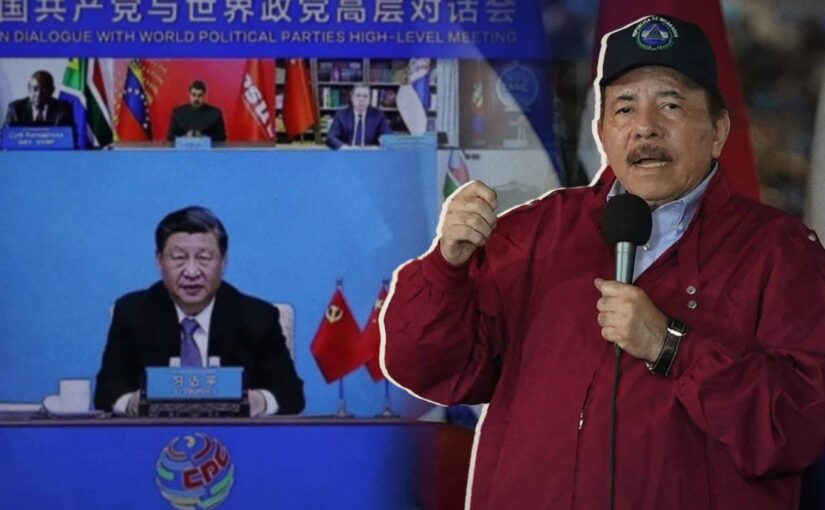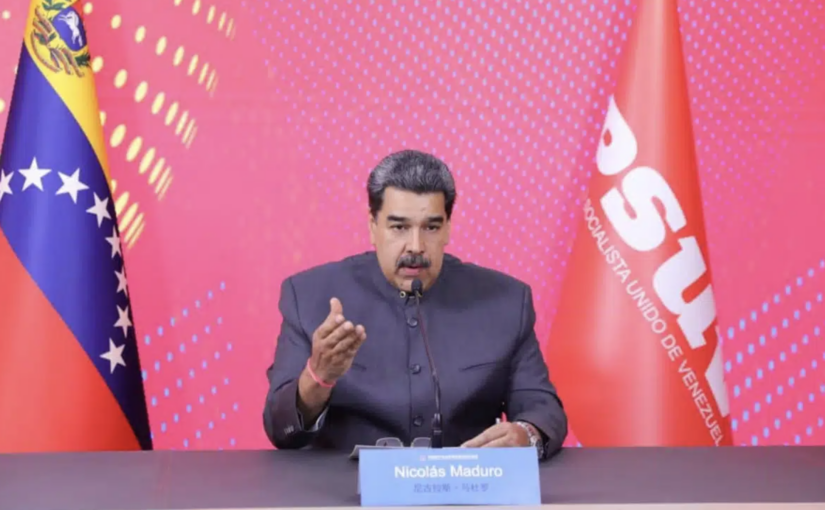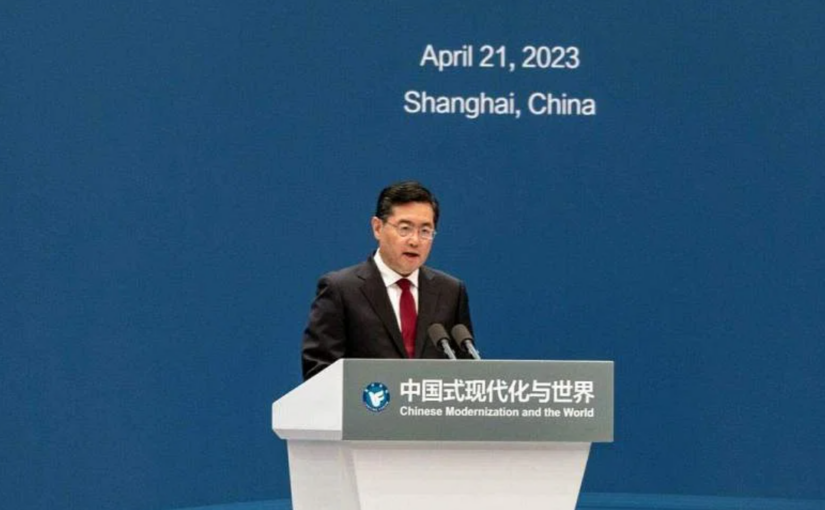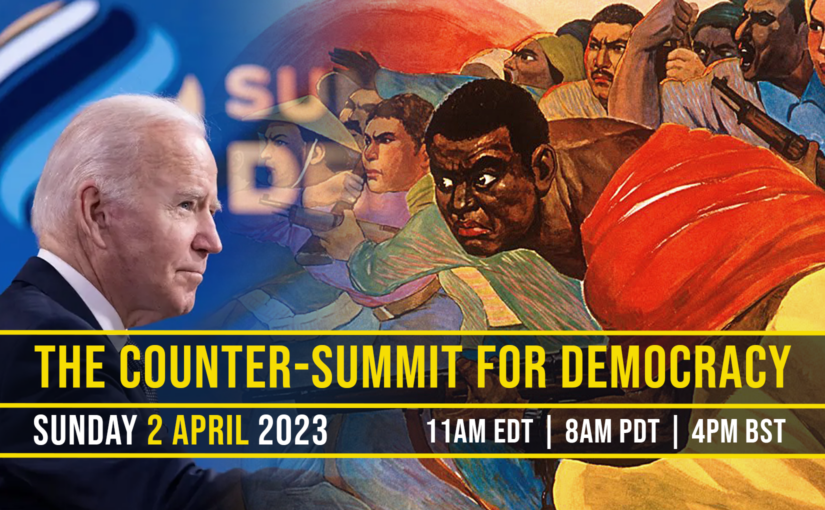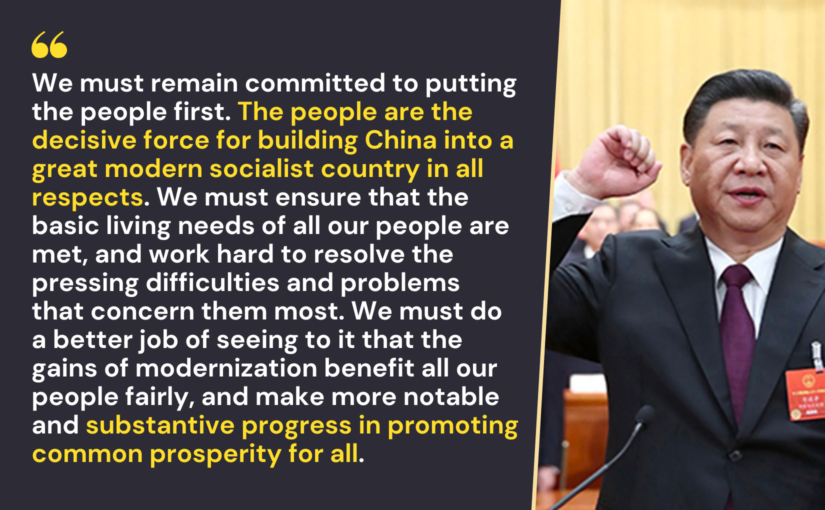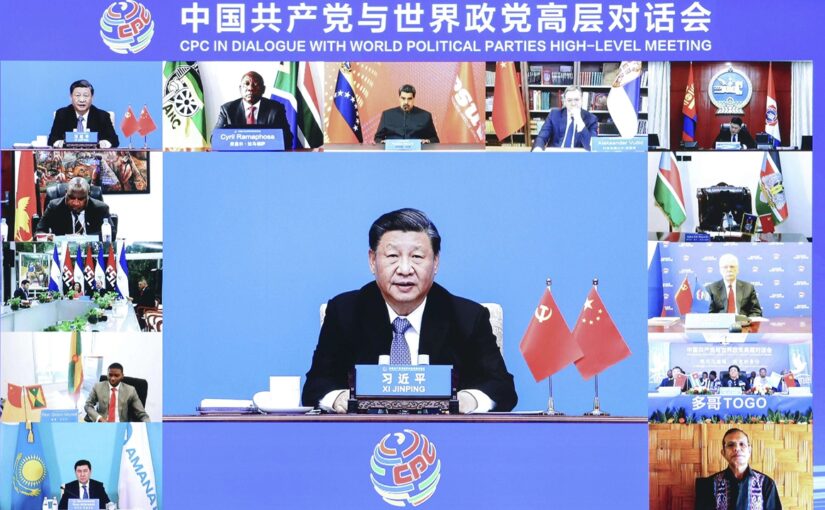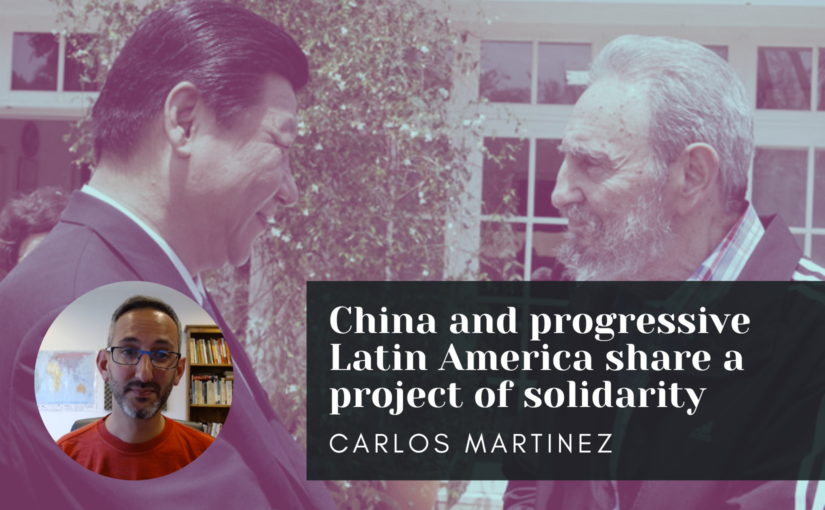Chinese President Xi Jinping delivered a speech to the 15th BRICS Summit, held in Johannesburg, South Africa, on August 23.
Aptly titled, ‘Seeking Development Through Solidarity and Cooperation and Shouldering Our Responsibility for Peace’, and noting that BRICS is an important force in shaping the international landscape, the Chinese leader said early in his speech that:
“We [the BRICS countries] choose our development paths independently, jointly defend our right to development, and march in tandem toward modernisation. This represents the direction of the advancement of human society, and will profoundly impact the development process of the world.”
Making a series of practical proposals, the Chinese leader called for deepening business and financial cooperation to boost economic growth. Development, he noted, is an inalienable right of all countries, not a privilege reserved for a few. “We BRICS countries should be fellow companions on the journey of development and revitalisation, and oppose decoupling and supply chains disruption as well as economic coercion. We should focus on practical cooperation, particularly in such fields as digital economy, green development, and supply chain, and bolster economic, trade and financial exchanges.”
He also called for expanding political and security cooperation to uphold peace and tranquility.
“The Cold War mentality is still haunting our world, and the geopolitical situation is getting tense. All nations long for a sound security environment. International security is indivisible. Attempts to seek absolute security at the expense of others will eventually backfire.”
Regarding the Ukraine crisis, he said that it had “evolved to where it is today because of complex reasons. What is pressing now is to encourage peace talks, promote de-escalation, end the fighting, and realise peace. No one should add fuel to the fire to worsen the situation.”
Turning to the talk of the so-called ‘rules based international order’ touted by a handful of countries, Xi said that:
“International rules must be written and upheld jointly by all countries based on the purposes and principles of the UN Charter, rather than dictated by those with the strongest muscles or the loudest voice. Ganging up to form exclusive groups and packaging their own rules as international norms are even more unacceptable.”
The following is the full text of President Xi’s speech. It was originally published by the Xinhua News Agency.
Your Excellency President Matamela Cyril Ramaphosa,
Your Excellency President Luiz Inacio Lula da Silva,
Your Excellency President Vladimir Putin,
Your Excellency Prime Minister Narendra Modi,
I am very pleased to join you in Johannesburg for the important discussions on BRICS cooperation and development. It is especially significant that the BRICS Summit is held in Africa for the third time. I wish to thank President Ramaphosa and the South African government for the thoughtful arrangements.
We gather at a time when the world has entered a new period of turbulence and transformation. It is undergoing major shifts, division and regrouping, leading to more uncertain, unstable and unpredictable developments.
BRICS is an important force in shaping the international landscape. We choose our development paths independently, jointly defend our right to development, and march in tandem toward modernization. This represents the direction of the advancement of human society, and will profoundly impact the development process of the world. Our track record shows that we have consistently acted on the BRICS spirit of openness, inclusiveness and win-win cooperation, and taken BRICS cooperation to new heights in support of our five countries’ development. We have upheld fairness and justice in international affairs, stood up for what is right on major international and regional issues, and enhanced the voice and influence of emerging markets and developing countries. BRICS countries invariably advocate and practice independent foreign policies. We always address major international issues based on their merits, making fair remarks and taking fair actions. We do not barter away principles, succumb to external pressure, or act as vassals of others. We BRICS countries share extensive consensus and common goals. No matter how the international situation changes, our commitment to cooperation since the very beginning and our common aspiration will not change.
Continue reading Xi Jinping at 15th BRICS Summit: Cold War mentality is still haunting our world